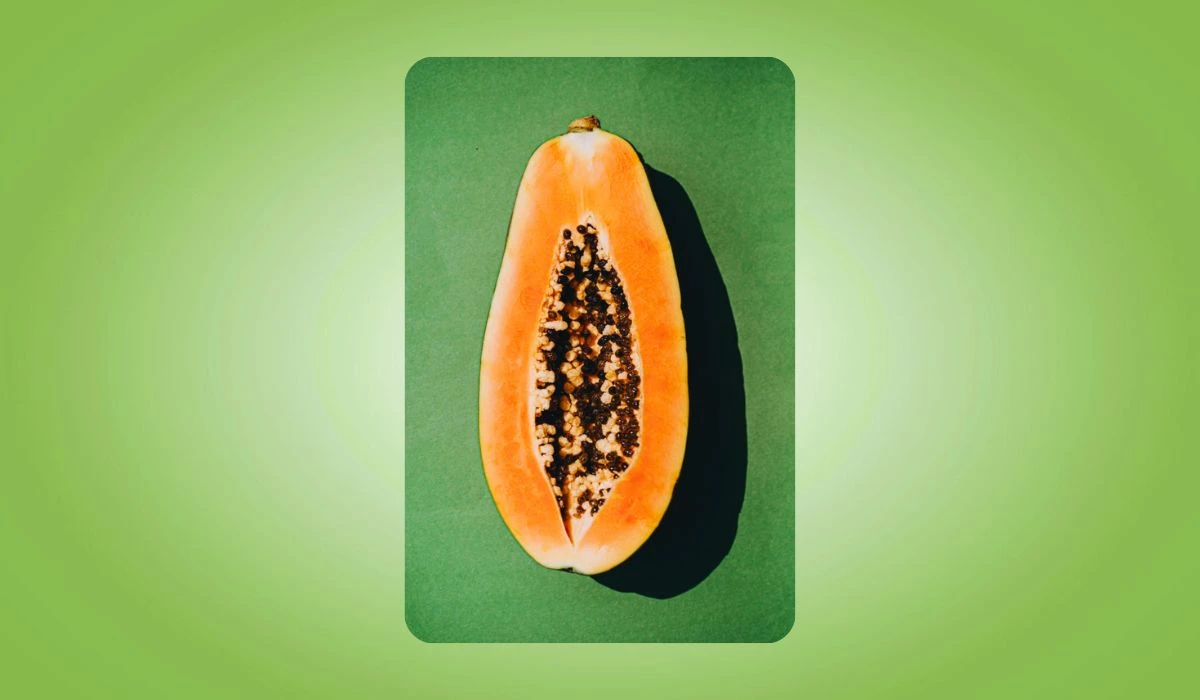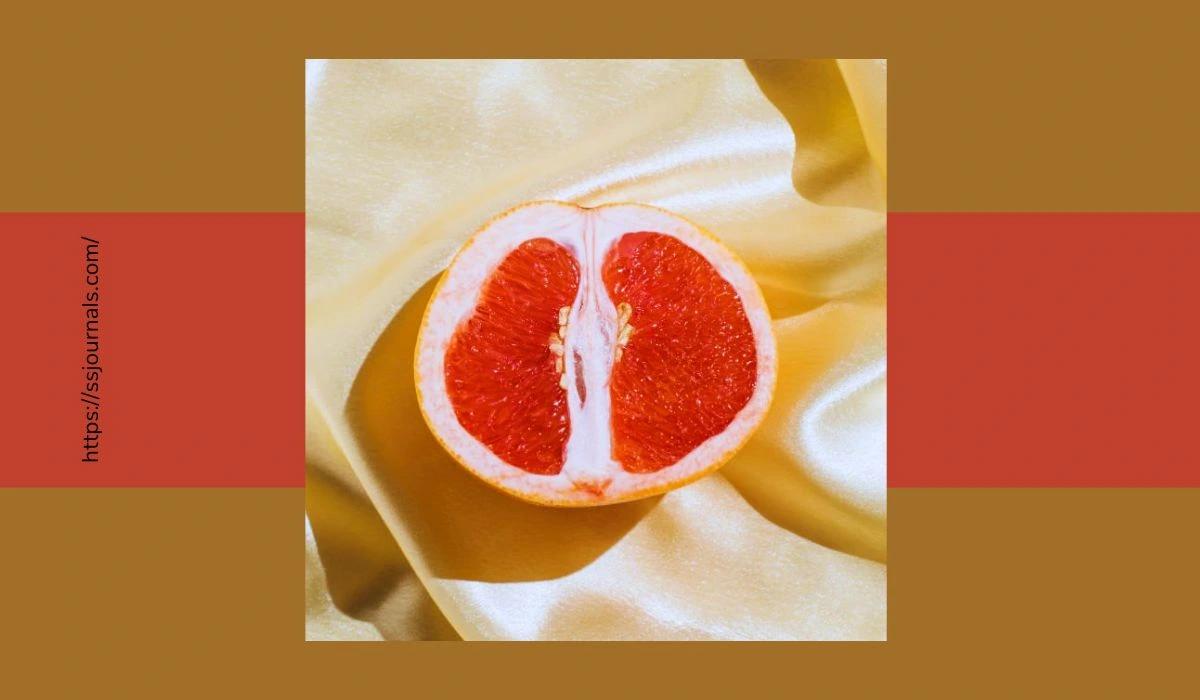Vulvodynia is a chronic pain condition that affects the vulva, the external female genitalia. It is characterized by burning, stinging, irritation, or rawness of the vulva for at least 3 months, without any identifiable cause.
Vulvodynia can be extremely debilitating and impact a woman’s physical, psychological, and emotional health. While the exact prevalence is unknown, studies estimate that it affects nearly 10% of women at some point in their lives. Thankfully, there are several effective treatments available to help manage symptoms and improve quality of life.
What Is Vulvodynia? What Are Vulvodynia Symptoms?

Vulvodynia simply means pain in the vulva. It is classified into two main types:
Localized Vulvodynia – pain is confined to a specific area of the vulva, most commonly the entrance to the vagina (vestibule). This is referred to as Vestibulodynia.
Generalized Vulvodynia – pain affects the entire vulvar area.
The most commonly reported vulvodynia symptoms include:
- Burning, stinging, rawness, irritation, or soreness of the vulva
- Pain during sex or insertion of tampons
- Stinging or burning when urinating
- Constant aching and throbbing discomfort
- Vulvar redness and inflammation
- Pain when wearing tight clothes or during exercise
- Difficulty sitting for prolonged periods
The severity of pain can range from mild discomfort to completely debilitating. Pain levels may fluctuate but vulvodynia is usually a chronic, long-lasting condition.
While the exact cause is unknown, contributing factors may include nerve injury or inflammation, muscle spasms, genetic susceptibility, hormone changes, yeast infections, and skin conditions. There are no visible signs so a doctor will diagnose based on symptoms and by ruling out other possible causes.
Best Vulvodynia Treatment
There is no single cure for vulvodynia but a multifaceted approach can help provide substantial symptom relief. Treatment options include:
- Medications – Local anesthetics, tricyclic antidepressants, and anticonvulsants may help relieve pain and nerve inflammation. Corticosteroid creams can reduce inflammation.
- Physical Therapy – Gentle stretching, trigger point release, and relaxation techniques help relieve muscle tension and spasms around the vulva.
- Biofeedback Training – This trains patients to control pelvic floor muscle tension through relaxation techniques.
- Local Heat/Cold Therapy – Heat pads, cold packs, and sitz baths can relieve temporary pain.
- Diet Modification – Avoiding irritants like caffeine, alcohol, spices, and sugar may help reduce inflammation.
- Stress Management – Counseling, cognitive behavioral therapy, and mindfulness training help relieve pain.
- Pelvic Floor Physical Therapy – Myofascial release and gentle stretching of muscles and connective tissue.
- Surgery – Vestibulectomy removes inflamed vestibular tissue but may not cure the condition.
A multidisciplinary approach combining medications, physical therapy, diet changes, stress management, and sometimes surgery often provides the best results. Treatment is usually tailored to each patient’s symptoms and needs.
Foods To Avoid With Vulvodynia
Specific dietary triggers can aggravate vulvodynia symptoms so it helps to avoid:
- Alcohol – Can dry out the vulvar tissue and cause burning.
- Caffeine – A stimulant that can increase irritation. Found in coffee, tea, soda, and chocolate.
- Carbonated beverages – The bubbles can sting irritated vulvar tissue.
- Sugar – This can promote yeast infections and inflammation.
- Spicy foods – Chili powder, curry, and peppers can cause burning sensations.
- Soy, corn, and nuts – May worsen symptoms in those with allergies.
- Gluten – Those with celiac disease may see reduced irritation on a gluten-free diet.
- Nightshade vegetables – Tomatoes, eggplant, potatoes, and peppers contain solanine.
- Citrus fruits – High acidity can cause stinging.
- Yeast, vinegar, pickles – Can alter vaginal pH and promote yeast overgrowth.
Following an elimination diet under medical guidance can help identify triggers. Ensure your diet includes plenty of fruits, vegetables, lean proteins, whole grains, and healthy fats. Drink plenty of water and decaffeinated beverages.
Conclusion
Vulvodynia is a complex, challenging condition but significant symptom improvement is possible with proper treatment and lifestyle modifications. While living with chronic vulvar pain can be complex, support groups, counseling, and stress management techniques can help develop effective coping strategies.
With continued research, more treatment options will likely emerge. But today, combining medications, physical therapy, dietary changes, and stress reduction techniques can help manage vulvodynia and improve overall well-being and quality of life.
FAQs
A: The exact cause is unknown but may involve a combination of factors like nerve inflammation, muscle spasms, hormone changes, genetics, infections, and skin conditions. There are often no precise underlying diseases or disorders.
A: It is diagnosed based on symptoms, and a pelvic exam to locate pain areas and by ruling out other possible causes. There are no visible physical signs of vulvodynia.
A: Treatment is aimed at relieving symptoms and usually involves a combination of medications, physical therapy, stress management, dietary changes, and sometimes surgery. A multidisciplinary approach tailored to the patient often works best.
A: Avoid irritants like alcohol, caffeine, carbonation, sugar, spicy foods, gluten, soy, corn, nuts, nightshades, citrus fruits, yeast, and vinegar which can aggravate inflammation and pain.
A: Yes, pelvic floor physical therapy helps relieve muscle tightness and spasms through stretching, massage, trigger point release, relaxation techniques, and posture training. This can reduce vulvar pain.

